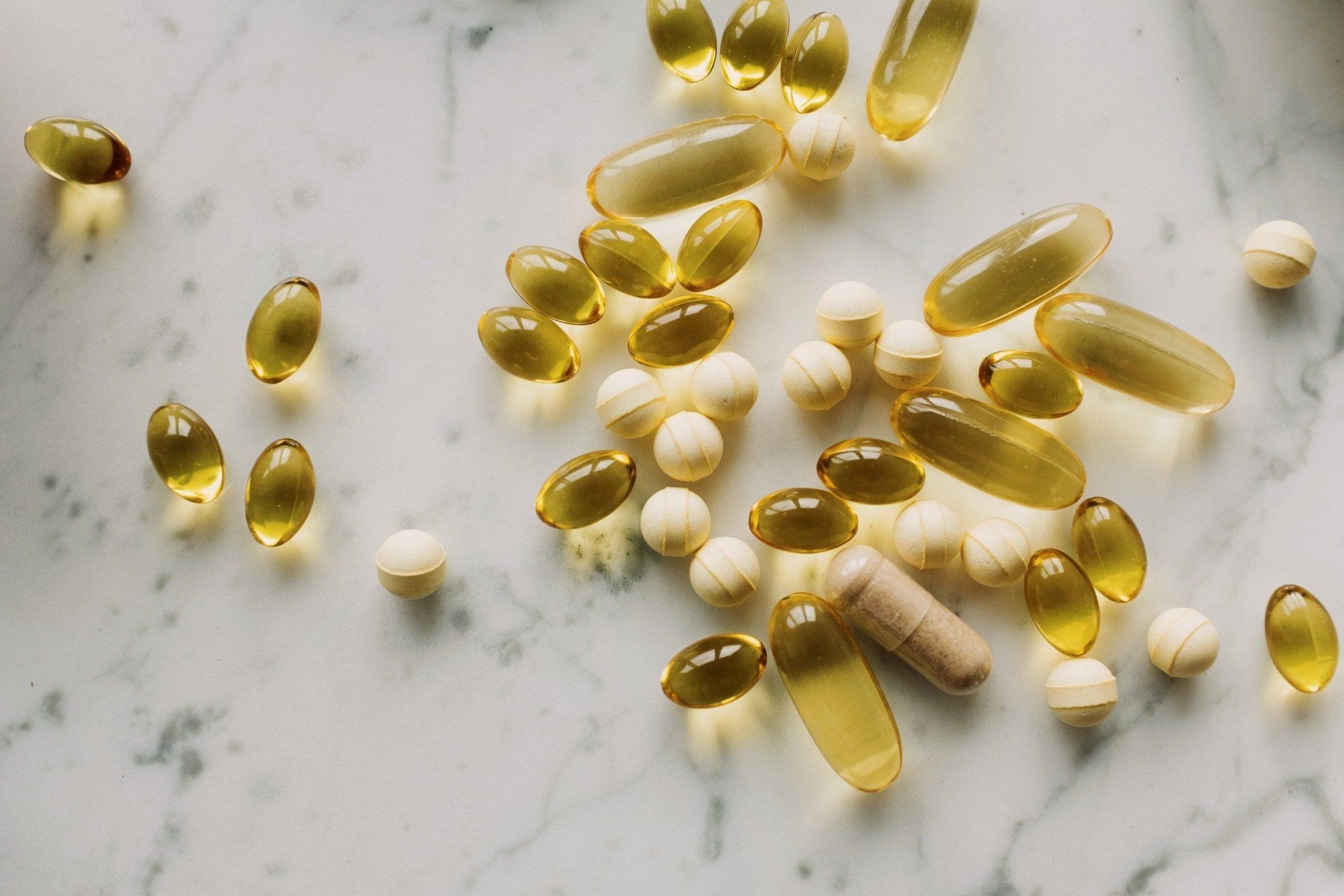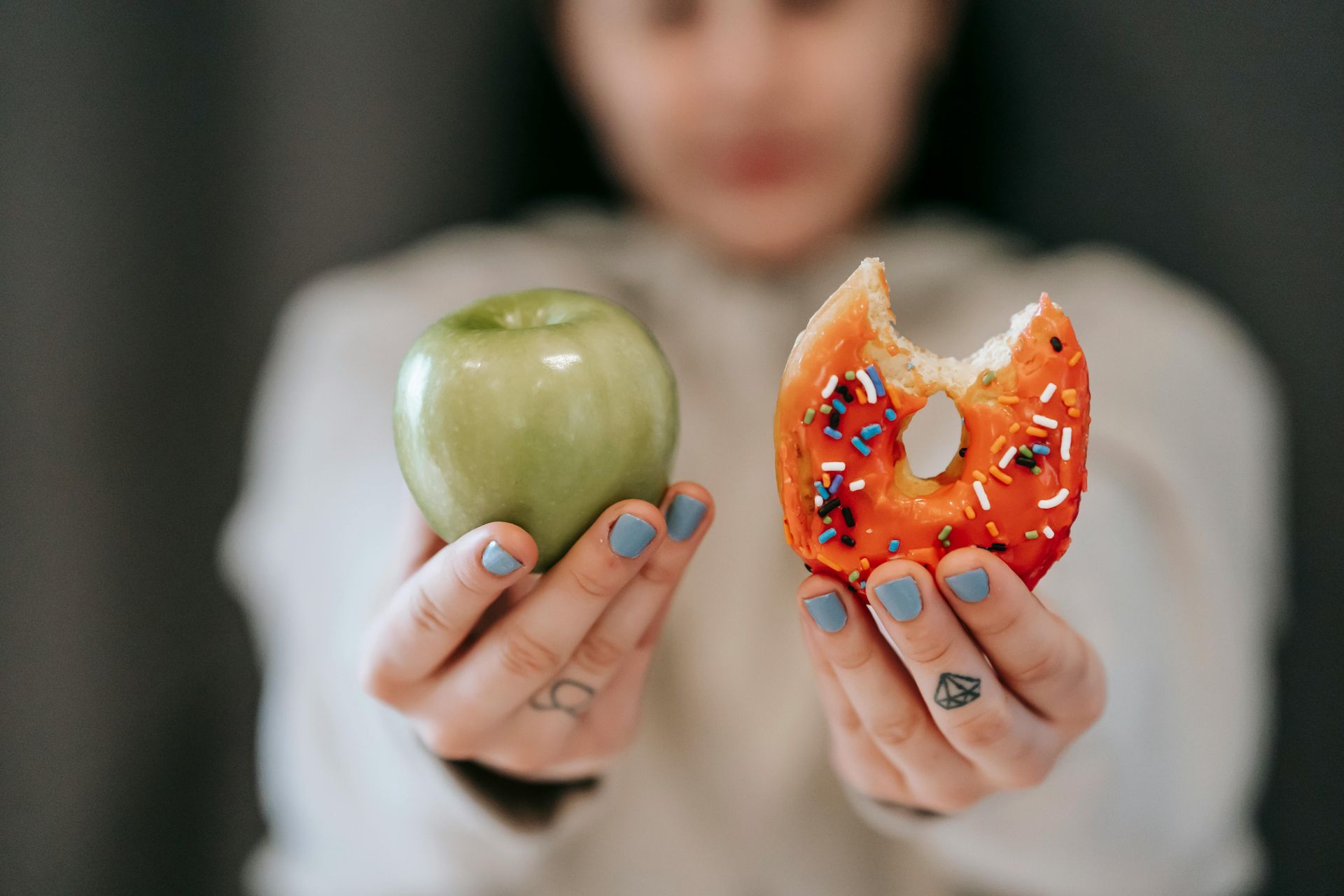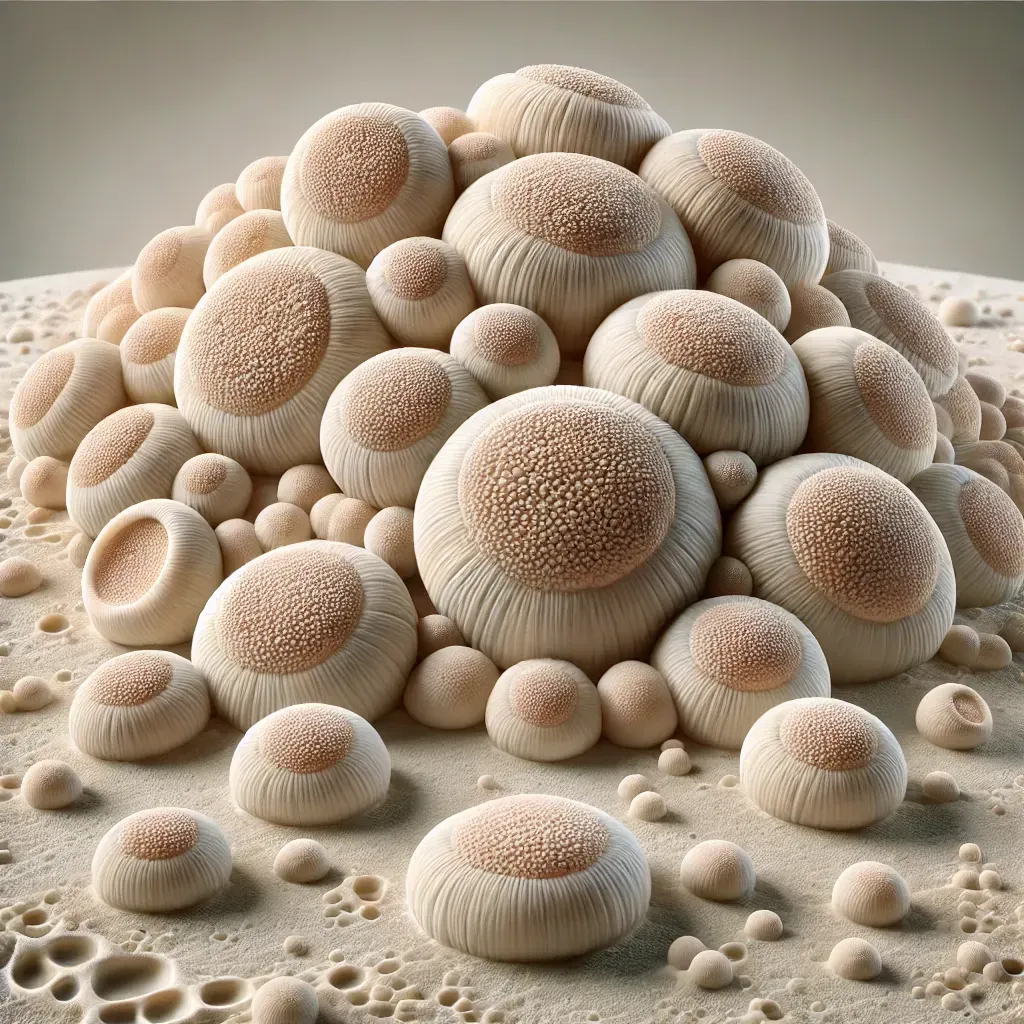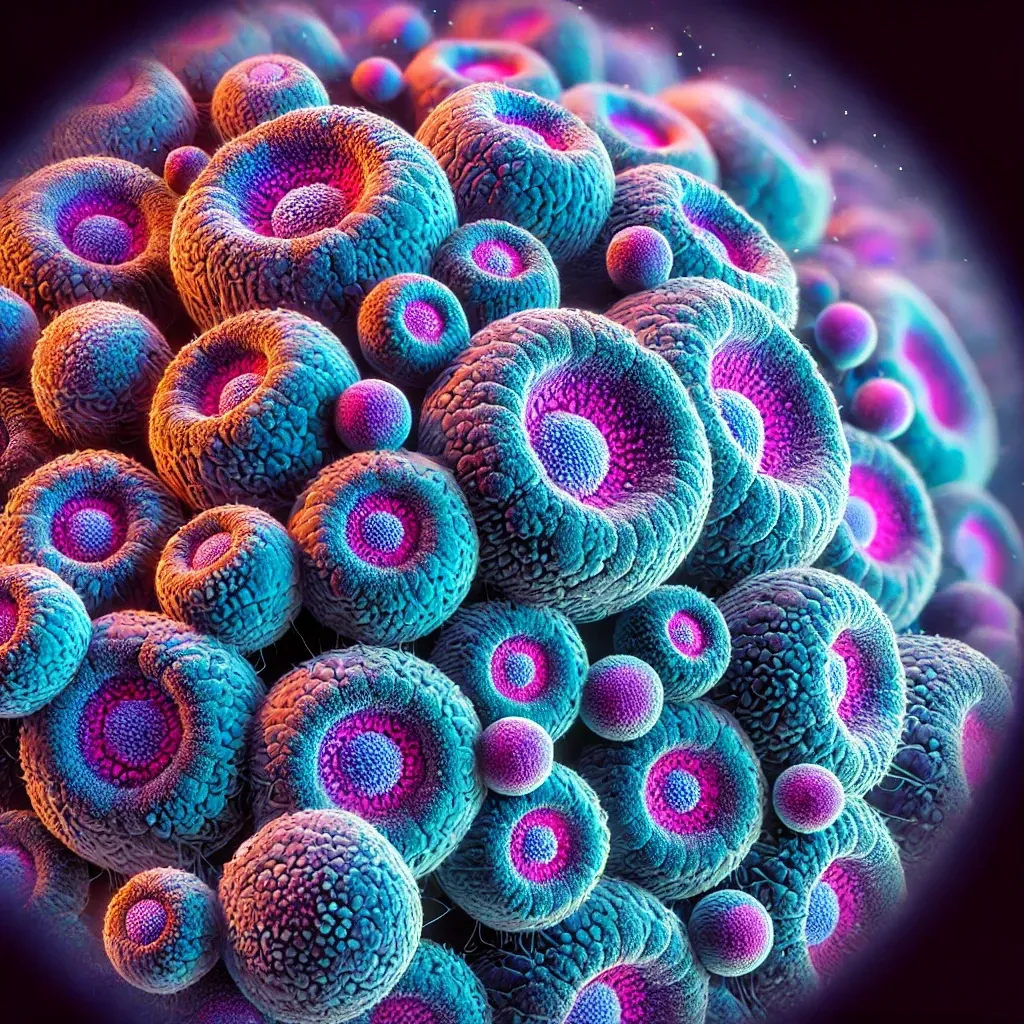Sugar: How Bad is Bad? Part 1: It’s Bad
Just to get this party started, here are a few facts taken from The Lancet (12/13/2012) for you to “digest”: Two-thirds of American are overweight or obese
The CDC projects that 1 in 3 children born in 2000 will develop type 2 diabetes
Obesity is now a greater global health crisis than hunger
What’s going on here?
Answer: we eat way too much sugar.
In 1821, the average American ate about 10 pounds of sugar a year, much of it molasses. Today, it’s about 150 pounds, much of it high fructose corn syrup (HFCS) [1]. We have a river of refined sugar rushing through us (sodas, sugary yogurt, and cereals and other starchy carbs that turn into sugar). It’s not hard to see why we have so many health problems today.
Mother Nature did not design us to run on sugar. She built us for the nomadic lifestyle, moving around a lot every day. She figured our biggest need would be to raise our blood sugar levels to give us energy for all that movement. So she gave us three hormones to raise blood sugar, and only one hormone to lower it. That one hormone, insulin, gets overused and worn out.
What does that look like in the body?
You eat a slice of cake. Your body sees that sugar bomb as an emergency and releases as much insulin as it can pronto to bring your blood sugar level back down to normal. However, it tends to overestimate the emergency and your blood sugar level drops a bit too much. So now you feel bad, you’re crashing, and your brain tells you, “Hey, eat a cookie!” At the same time, your body pumps out other hormones to also help raise your blood sugar. You eat the cookie, your blood sugar levels spike, and your body senses another emergency. More insulin. Another crash. This is the blood sugar rollercoaster many people ride daily. (Natalie we need to figure out how to insert an image for this roller coaster just a sidebar)
Here’s the other nasty piece: once your cells have all the sugar they need for energy, but you are still eating more sugar, insulin takes that sugar out of your bloodstream and sends it to the liver, where it is converted to body fat and stored. Voila – you gain weight.
The long short of it: sugar makes us fat. Sugar is bad.
https://www.dhhs.nh.gov/dphs/nhp/documents/sugar.pdf
Don't Miss Out!

Heidi Toy Functional Medicine Blog

Omega-3 and Omega-6 are considered “essential” fatty acids because they cannot be produced by the body--we get them from the food we eat. They are biologically active upon ingestion, which means the body utilizes them right away and cannot store them up for later. They are essential because they help with both inflammatory and anti-inflammatory responses.

One of the reasons fad diets often fail is because they are not sustainable. The other reason is because they usually harm different systems in the body as much as they are meant to help. As with all health issues, when it comes to diet, everything should be in moderation. The following five diet points all involve TOO much of a “good thing”:




















































































